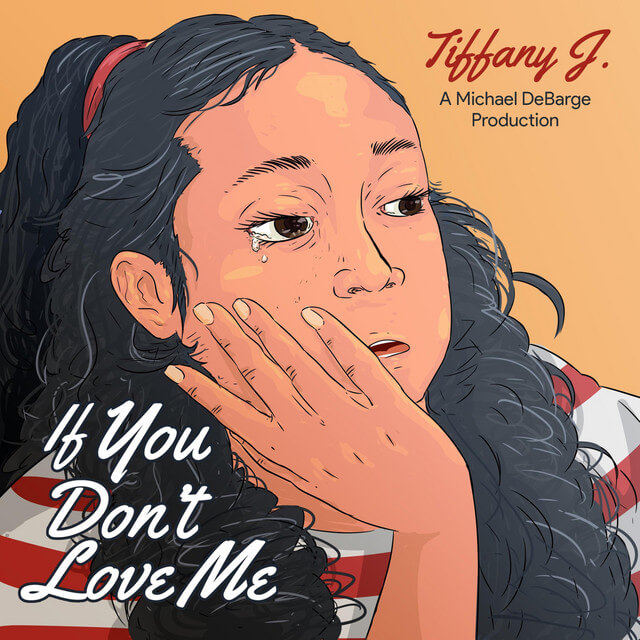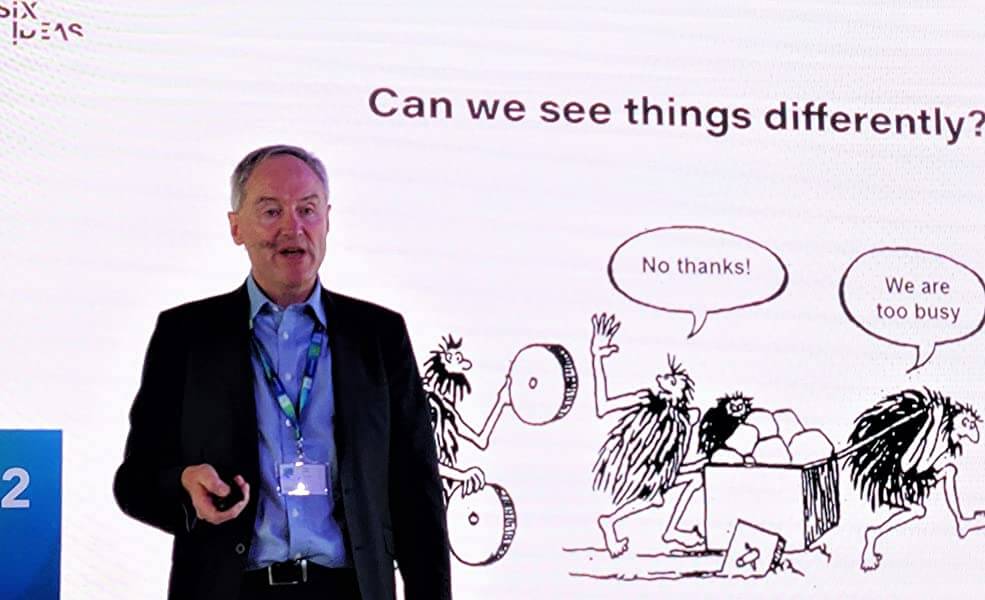Bryant Lusk Releases Groundbreaking New Book
Bryant Lusk Rereleases Groundbreaking New BookBryant Lusk cuts through the (expletive) and gets down to basics. It’s a welcome relief from other books of the kind he writes, particularly because the material as you get more and more focused on the details becomes denser and more ideologically and factually thick. Many writers in the nonfiction subcategories of advice, self-help, health, and medicine seem to thrive on a somewhat removed, verbose structure. But not Lusk. There’s something wholesome about his deliberate, calculated plainspokenness. But it also makes the book feel genuinely, certifiably accurate and sound. Particularly when it comes to the alternative, not quite homeopathic focal points considering vitamin therapy addressing heart health concerns.
“I am a strong advocate for filling nutritional holes via supplementation. I stand firmly against those who encourage abusing supplements to achieve a singular result,” Lusk writes about this, in Heart Disease & Hypertension: Vitamin Therapy for a Healthy Heart. “…Daily supplement schedules have been developed according to the typical income, lifestyle, and nutritional needs of specific age groups.
Proceed with caution, especially if you are taking medications, have allergies, or have an underlying health condition…When taking supplements, you should always consider the total nutrient intake and likely absorption rate…It is worth repeating that there have been instances of sellers shipping counterfeit products. There have also been instances of sellers shipping expired or nearly expired products. This does not happen often, but it does warrant concern. Make sure to read reviews for the seller. Examine the product and the expiration date. Some sellers have even stooped to covering expiration dates with barcode labels. Do not become frightened, but do be careful.”
AMAZON: https://www.amazon.com/ADHD-Medication-Does-Work-Safe-ebook/dp/B09Z69ZRW9
Lusk is able to also bring this succinctness to descriptors and warning signs of heart disease mandating the titular vitamin therapies for survival-efficient purposes. This is particularly advantageous when it comes to passages of Heart Disease & Hypertension concerning the noteworthy differences between Heart attack and the more dreaded, lethal Cardiac arrest. “Heart attack symptoms may include intense discomfort in the chest and other areas of the upper body, cold sweats, shortness of breath, and nausea or vomiting.
These may be immediate or gradual, persisting for hours or days. Refer to The American Heart Association’s website for more information,” Lusk writes. “…Cardiac arrests are often common in people with underlying heart disease, prior heart attack, or some form of heart failure…At least 75 percent of sudden cardiac arrest cases occurred in people who have previously suffered heart attacks. There is a higher likelihood of suffering sudden cardiac arrest within the first six months after a heart attack.
Statistics have also shown that at least 80 percent of sudden cardiac arrest cases involved patients with CAD (Coronary Artery Disease). This disease can be passed genetically or develop over time. Individuals who have suffered a prior episode of cardiac arrest are at greater risk of experiencing another event.”
Rather than wallowing in medical fear-mongering, Lusk maintains a brisk, upbeat pace when laying out all the facts. The result makes the occasional hypochondriac feel empowered, rather than frightened.
Grade: A-
Nicole Killian








